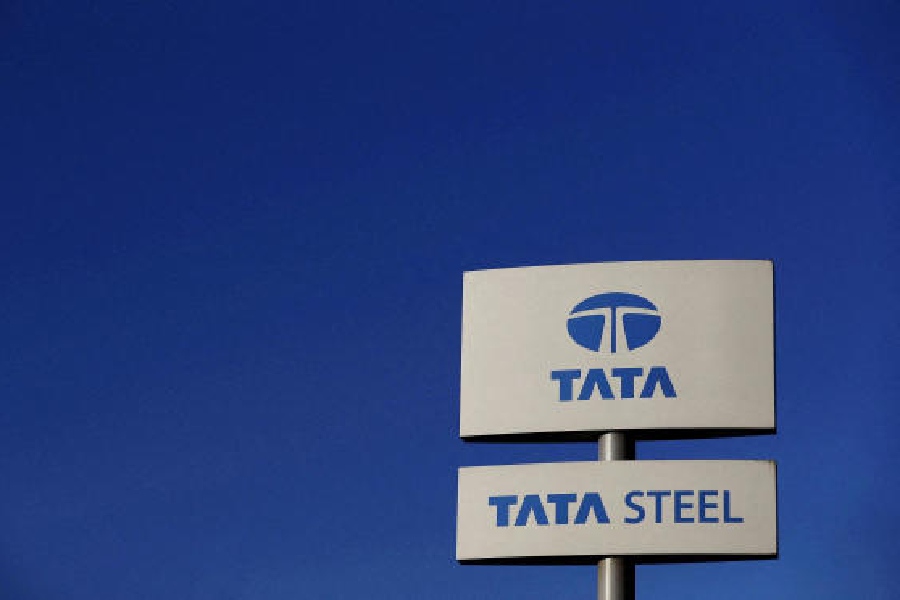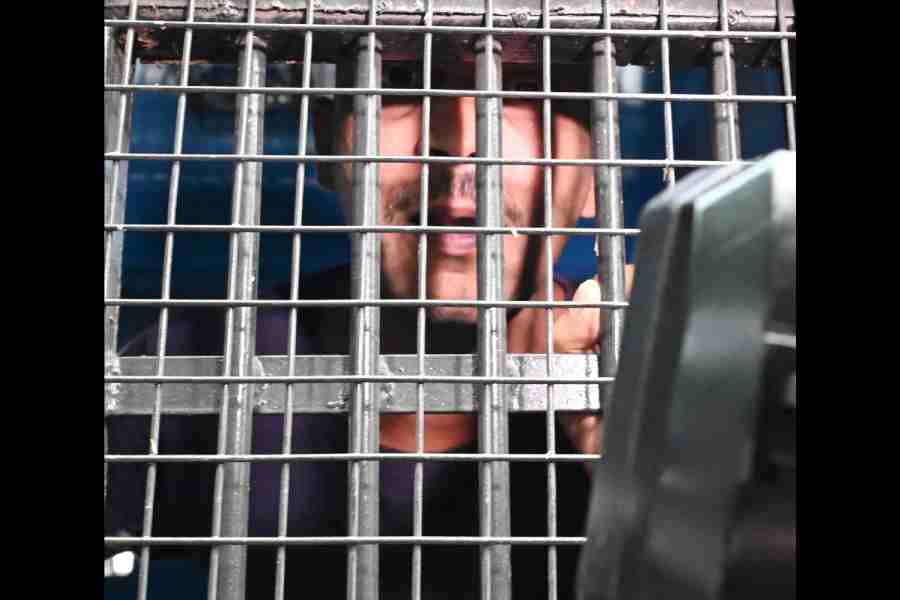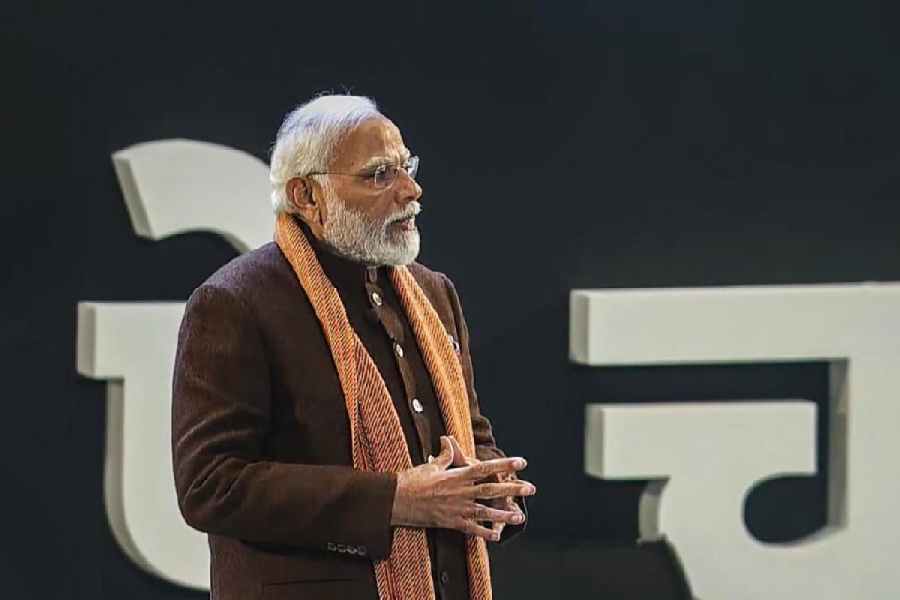Cost improvement initiatives across Tata Steel Group have translated into financial benefits of close to Rs 8,500 crore in 2022-23 across three of the group’s principal geographies — India, the Netherlands and the UK.
The benefit was observed most in Tata Steel India where the initiatives yielded significant savings and value protection of Rs 6,309 crore.
Likewise, sustainable profit programmes in the Dutch and British operations resulted in savings of €112 million (Rs 1,004 crore) and £52 million (Rs 542 crore), respectively.
The initiatives helped the company to partially mitigate the adverse impact on realisation stemming from elevated commodity prices (mainly coking coal) and volatile steel prices. Tata Steel managed to control debt levels on a gross basis through the optimisation of cash flow and rigorous operational management, it said in the latest annual report.
In India, the benefit flowed from the Shikhar programme, which was launched earlier.
In a communication to stakeholders, T. V. Narendran, managing director and CEO, and Koushik Chatterjee, executive director and CFO, said: “Our continuous improvement programs Shikhar in India and similar other initiatives in Netherlands and UK focussed on bettering operating metrics so that the adverse impact of a contraction in price spreads could to some extent be mitigated. We also continued to focus on cash flow optimisation and prioritised our capital investments accordingly.”
A multi-dimensional and cross-functional initiative, Shikhar-25 is an EBITDA-focussed improvement programme to bring key structural changes across the value chain. The governance structure of the programme is made up of cross-functional teams called ‘‘IMPACT Centres’’ across the Tata Steel group. The company has 50 such centres deploying TQM techniques for process improvements.
With the cost improvement initiatives firmly in place, Tata Steel intends to strike a balance between growth and deleveraging in FY24. After prioritising the reduction of debt — gross debt went down by Rs 40,767 crore in FY21 and FY22 — the company allocated more capital for growth projects in FY23.
Of the total consolidated capex of Rs 14,142 crore, it spent over Rs 6,200 crore towards the speedy completion of the Kalinganagar project.
Moreover, it completed the acquisition of Neelachal Ispat Nigam Limited (NINL) at an investment of Rs 12,100 crore.
TSL allocated Rs 2,600 crore towards the establishment of a 0.75 MT scrap and electric arc furnace-based long products plant. Investments were made in Europe as well.
“However, we intend to resume and continue deleveraging efforts in the current financial year, with a target of reducing debt by $1 billion,” the company informed the shareholders, adding that it intends to spend Rs 16,000 crore in capex as well.











